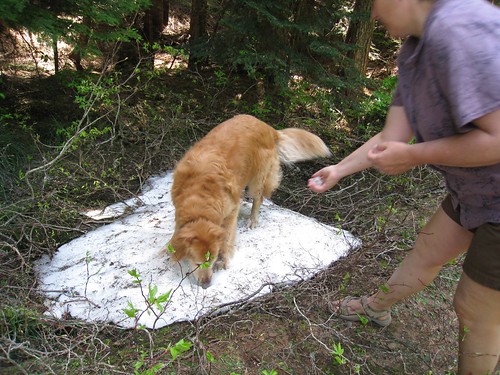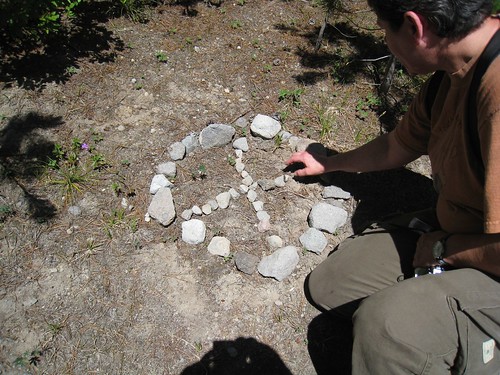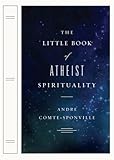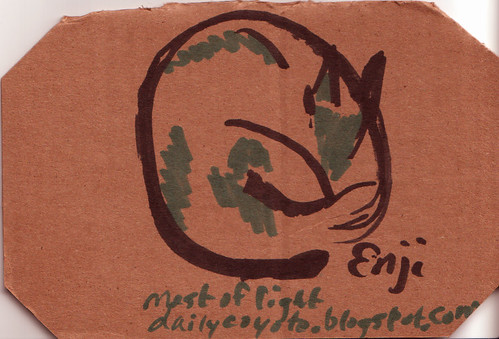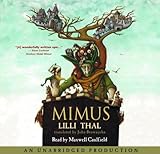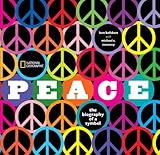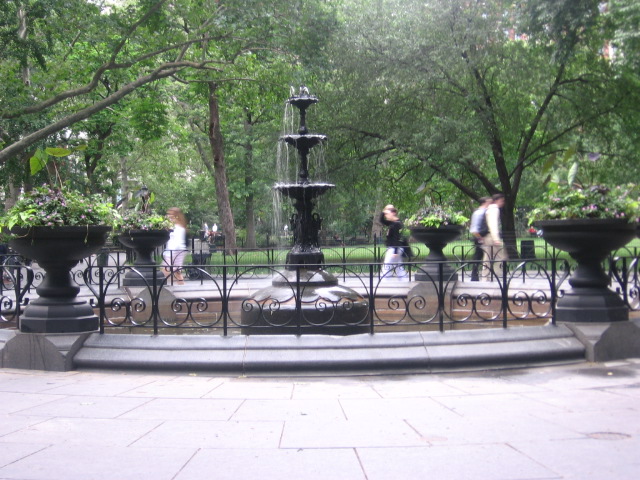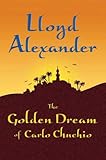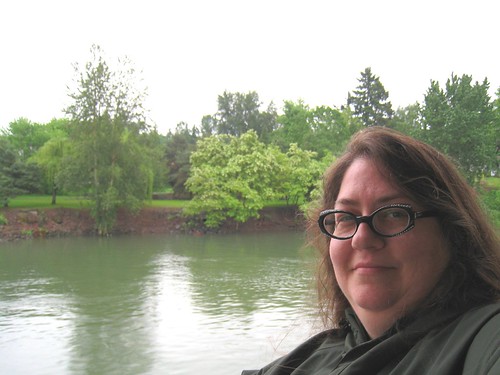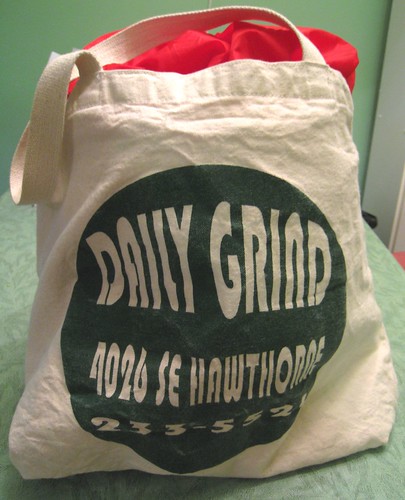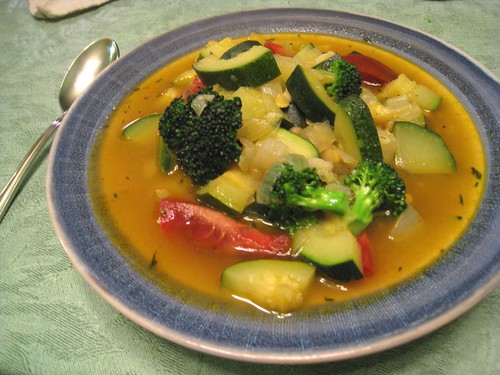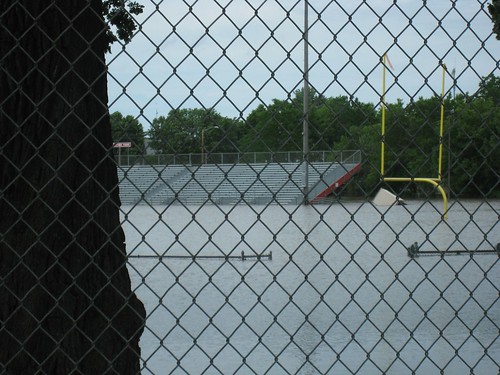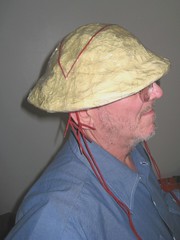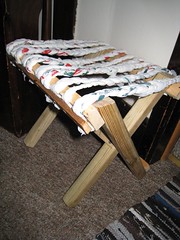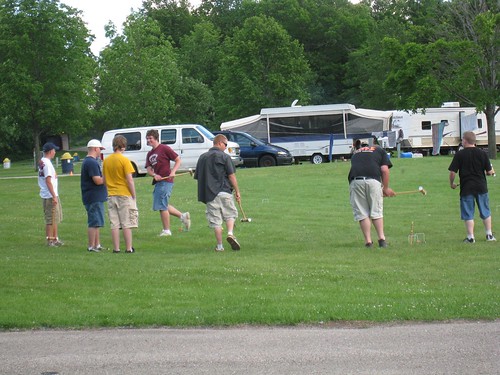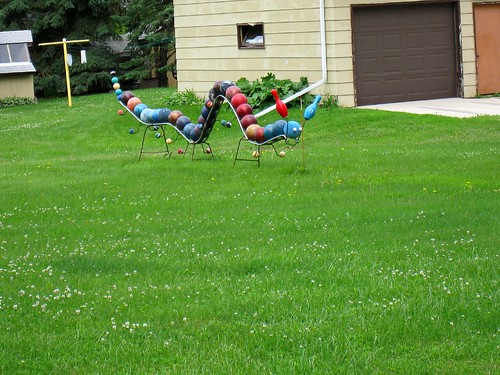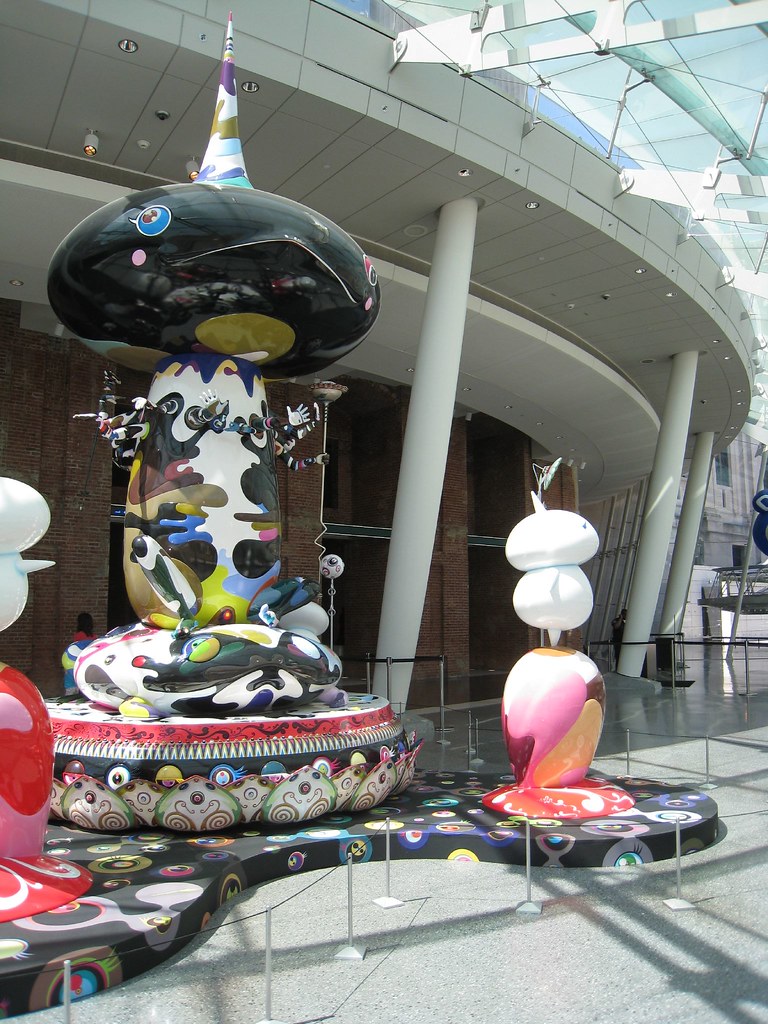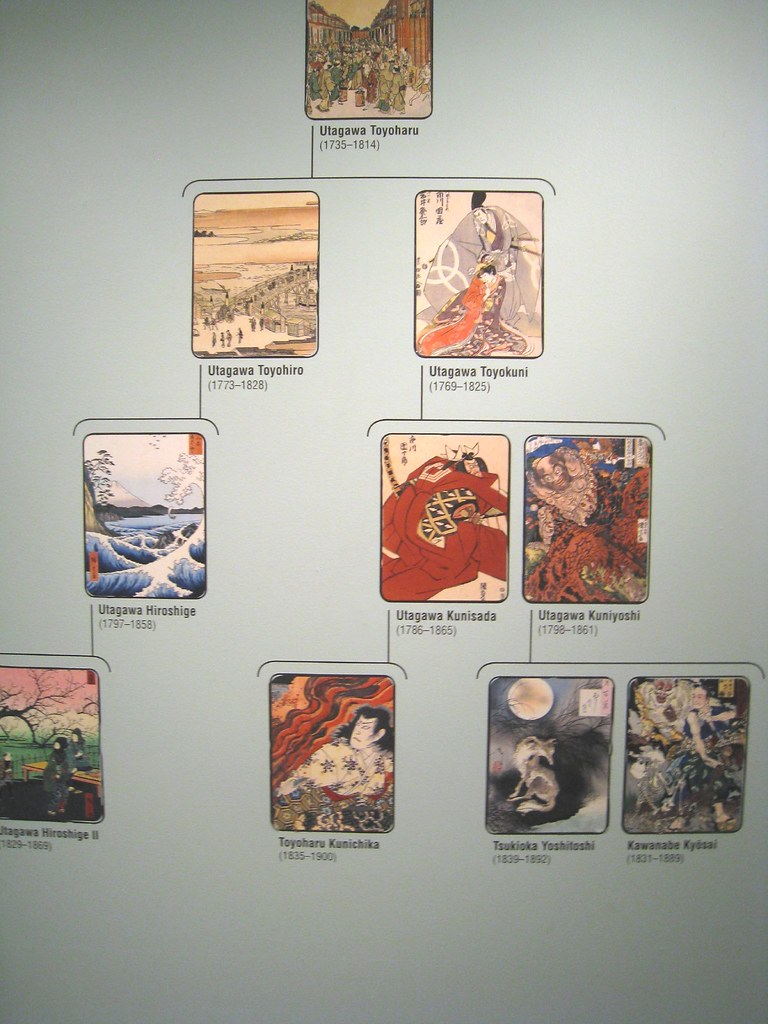Books Read
 The Pinhoe Egg: A Chrestomanci Book by Diana Wynne Jones
The Pinhoe Egg: A Chrestomanci Book by Diana Wynne Jones
rating: 3 of 5 stars
I loved the Chrestomanci books, but perhaps it's been too long since I read them. I couldn't remember the history of the characters, but it seemed I was supposed to.
That said, I still liked it, and liked returning to the magical world of the Chants. Theirs is a slightly different magic than that of the villagers, who seem all secretly to be hedgewitches. They especially don't want The Big Man, Chrestomanci, to know of the extent of their abilities, and set up diverting spells to keep all non-Pinhoes from their town.
This was categorized as a teen book. With a horse, a unicorn, and a fairy tale creature I won't give away, this one's for kids. I would recommend it for kids reading higher than their age level. Taking Up Space: How Eating Well and Exercising Regularly Changed My Life by Pattie Thomas
Taking Up Space: How Eating Well and Exercising Regularly Changed My Life by Pattie Thomas
rating: 4 of 5 stars
Pattie Thomas shares her personal journey recovering from treating fat as the enemy, and applies her understanding as a sociologist to her experience, and the messages we all receive.
She says, "Learning about sociological theory has afforded me a view of the social structures that shape my life and other people's lives in a way that is usually not noticed in everyday life. We do and say things with little thought to how we know what we know or where we learned what we think. Social interactions are often reactions and replications. We often follow certain preset scripts as to what is normal and acceptable in these interactions."
It becomes especially clear that those in the health care industry do this regarding fat. In some ways my recovery from fat phobia paralleled Patti's, though I was fortunate to turn away from dieting at a much younger age. She says, "I came to believe that I was engaged in a cultural struggle, not a medical one." Over and over she points to instances where health is cited as the reason for dieting, but the true motive uncovered is the unreal beauty standard.
As a sociologist, she traced the origins of the so-called medical condition of "obesity" to the 20s. Women wanted the waifish look of the flapper, and turned to their doctors for help. In turn, the doctors made 'excess' weight a medical condition.
Like other books debunking the obesity myth, she traces the link between fat and other diseases to faulty conclusions or inconclusive links. With a sociologist's eye, she roots out the faulty premises that affect studies and conclusions. This allows a culture that recommends dangerous procedures as a precaution and as a solution, but when they fail, it is the fat that is blamed, not the procedure. Again, when diets fail and poor health follows, it is fat that is blamed rather than the diets. Indeed, she traces how the average fat American has been blamed for our high health costs.
She uses the image of the sumo wrestler, and a theme throughout the book is her own quest to carry her own weight gracefully.
I appreciated this view of a sociologist. It helps not only with finding our own way in this war on obesity, but with politics, and with choosing any kind of life swimming against the tide. She says, "Culture is built largely upon repetition of words, images, and thoughts. The battleground of the war on fat is wherever the idea that "fat is bad" (or its equivalents, such as "fat is ugly," "fat is dirty," "fat is ignorant," "fat is unwanted," "fat is unsightly," fat is lazy," "fat is unhealthy," and so forth) is repeated. A reasonable argument will not make the idea go away. ..."Fat is bad" is an extremely embedded given in this society. If we are to eradicate this idea, we will have to repeat other messages, loudly and often. Stereotypes are most often replaced rather than erased."
Also included are poems, diary entries, and drawings. While these give a broader picture of Pattie's journey, I think the book could have used better editing. Some of these were included in a sidebar format that went on more than 2 pages. This made it difficult to read at times. I think the book would be more powerful if these personal bits were more judiciously used. Wizards at War by Diane Duane
Wizards at War by Diane Duane
rating: 3 of 5 stars
While I was previously turned off by the good/bad/savior metaphor of the series, this thread wasn't as strong in this book. I appreciated how well the author integrates plot and details from previous books, including them seamlessly in conversations and descriptions. Characters from previous stories return in this one, adding to its appeal as a series book. Voices by Ursula K LeGuin
Voices by Ursula K LeGuin
rating: 4 of 5 stars
At first it seems this could be a good/bad, right/wrong sort of book...but this is Ursula LeGuin we're talking about.
The occupiers outlaw books and have their way with the people. The occupied hide their books, and keep their magic hidden, what they have left. A girl is born from both sides, and learns to find her place and her talent.
View all my reviews.







